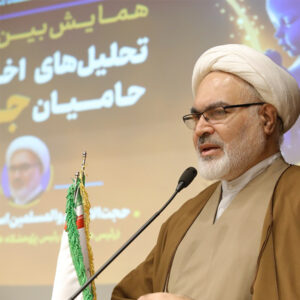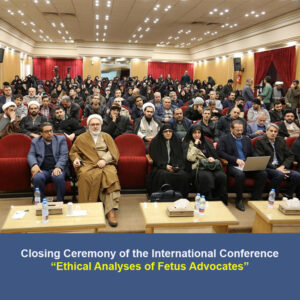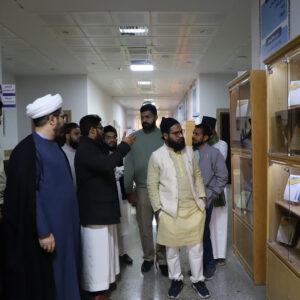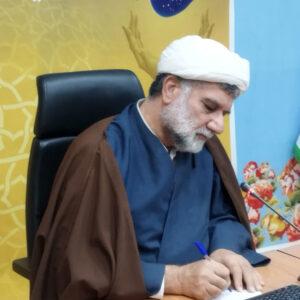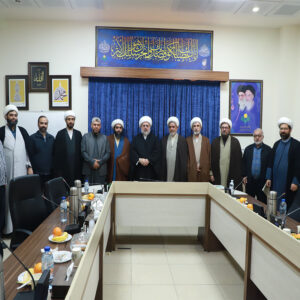In today’s world, which is on the one hand, the age that the young generations and the world nations welcome the need for exaltation and spiritual manners in an unprecedented way, and on the other hand, it is the age of promotion of secular spiritualty and numerous sick religions and deviant beliefs which abuse the term “spirituality”, one of the most important missions of religion guardians is to revive and reform the “spiritual life”, “human society”, “refinement of insights” and leading the tendencies of spirituality-seekers and guidance-seekers.
Understanding this important issue has led The Islamic Propagation Office of Qom Seminary to establish a Center for Deepening Religious Faith and Fighting against Deviant Movements and Sects and the departments have been formed to provide negative and positive answers for this need of the day. Considering the aforementioned need and taking into account the mission of the Islamic Propagation Office of Qom Seminary in the development of profound Islamic spirituality, as well as the fight against the deviant movements, the establishment of the “Islamic Spirituality Department” can be a step towards fulfilling this important goal. Also, with regard to the fact that projects related to the spirituality are now included in less relevant departments, the establishment of an independent spirituality department has become more and more important. In addition, paying attention to the spirituality and bringing up this issue seriously can make the research centers affiliated to Islamic Seminary to take the initiative in the fields of conceptualization, designing approach and forming the research literature, before the establishment of secular approaches.
Mission
Inference, compilation and development of Islamic spirituality as a practical and civilization-maker knowledge and critique of non-religious spiritualities.
Goals
1. Systematic explaining and extracting the theoretical frameworks and doctrines of Islamic spirituality from original religious sources and proving its methodology and illustrating its borders with non-Islamic spiritualities.
2. Explaining the rationality of foundations and components of the Islamic spiritual system, and rational defense of its doctrines and answering the doubts of this field.
3. Empowerment of the Islamic spirituality school through refinement, review and reconstructing the heritage, thought, mystic statuses and enriching it with an emphasis on revelation, intellect, intuition and experimental methods.
4. Introducing and analyzing the new research approaches and grounds in the arena of spirituality studies.
5. Proving the efficiency and superiority of the spiritual school of Islam in comparison to other spiritual beliefs.
6. Identifying and criticizing the culture of spirituality without religion as well as the deviant movements of spirituality.
7. Developing spiritual literacy in society by designing general educational programs and packages needed by missionaries and introducing the full and effective spiritual models.
8. Explaining and promoting the Religion-based, wisdom-based, balanced, society-oriented, civilization-maker, and justice-developer spirituality to contemporary human minds, and narrating and criticizing the Seleucid thought and beliefs with regard to the hidden and visible harms of history and age.
9. Applying the Islamic spirituality in the individual, social and organizational arenas (spirituality and health, spirituality in the organization, spiritual health, spiritual healing, spirituality and addiction, spirituality and family etc.).

